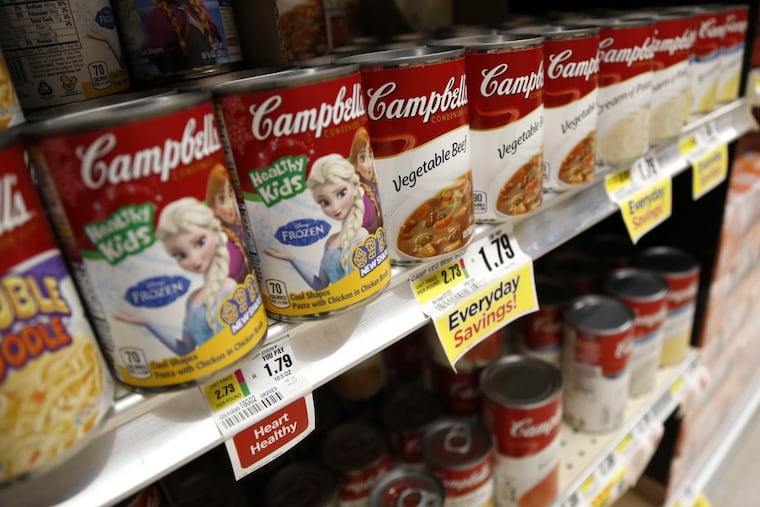Time to nourish Camden — with better ideas for fixing the food desert | Editorial
For half a century, Camden has been unable to attract a developer to build a conventional supermarket in Camden. Perhaps it's time for something unconventional?

Camden is no stranger to epic struggles. But the chronic fruitlessness of the city’s decades-long quest for what almost every other community of any size enjoys — a full-service, conventional supermarket — is extraordinary, and exasperating. Particularly for the more than 70,000 people living in a city often described as a food desert, and where food insecurity is common.
That exasperation is clear even from former Mayor Dana L. Redd, who was uncharacteristically blunt in a statement emailed to Inquirer journalists Aug. 15. Her dispatch followed a Politico story suggesting the most recent Camden supermarket proposals came to naught because of political machinations.
“It is unconscionable that Camden residents still do not have access to a supermarket,” Redd wrote, adding, “I would have loved nothing more than to open a [supermarket] while I was mayor."
Activist critics and op-ed writers have seized upon the supermarket issue as another example of how decades of one-party political control have failed to deliver for people who actually live in the city, even while delivering municipal property tax breaks and tens of millions in customized state tax “incentives” to persuade corporations and other companies to locate or expand there. The state’s oversized and under-supervised incentives program is now under investigation by a task force appointed by Gov. Phil Murphy.
Loyal soldiers of the South Jersey Democratic machine controlled by George E. Norcross 3d are diligently countermessaging the negative narrative emanating from the investigation. Even Redd is insisting that the supermarket debacle, in which two different proposals both floundered on her watch, was unrelated to the availability of incentives.
If that is so, so what? No matter who’s been in the mayor’s office and no matter how well or poorly handled the effort, the city has simply been unable — for the last 50 years — to attract a developer or supermarket operator willing to consider building in Camden.
Whatever responsibility lies with the city’s insular and defensive political establishment — and it deserves at least some of the blame — Redd was correct in pointing out that market forces have been a crucial factor. And it’s worth noting that Camden is hardly alone among poor urban areas lacking conventional supermarkets.
What’s clearly needed are more creative solutions, which require a new way of thinking. For example, What if City Hall were to stop waiting for a private developer and instead encourage the developing of a community food coop?
The Camden market does, after all, support several locally owned food stores. The city already has nurtured successful, grassroots-driven food or food-related enterprises, including Cathedral Kitchen, the Camden City Garden Club, the Food Bank of South Jersey, and the urban agriculture side of the Camden Center for Environmental Transformation.
That’s a lot of homegrown, food-related local expertise (including the headquarters of the Campbell Soup Co.). Nonprofits outside of Camden, such as the Cooperative Development Institute, could provide technical assistance, as could the Camden County College and the county’s vocational schools.
Imagine a locally owned coop, run by the people of the city, providing fresh, affordable food, jobs -- and proof that progress can occur even in the absence of corporate tax credits.